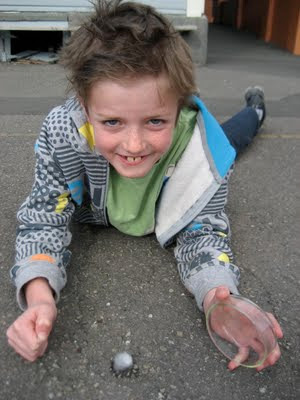The Year 3 and 4 students are learning about the States of Matter. Matter is something that takes up space and can be a solid, liquid or gas.
We found out that water can be a solid, a liquid and a gas and can change from 1 to the other.
Look at this diagram above to help understand what happens.
- When you cool down water this is called freezing and the water turns into ice (which is a solid).
- If you heat up ice the solid melts into liquid water. This is called melting.
- If you heat up water it turns into steam or water vapour. This is a gas and the process is called evaporation.
- If you cool down steam or water vapour it changes back into liquid water. This is called condensation.
We had to observe carefully when the water was heated up and saw the steam rising out of the pot.
Miss Harrison carefully held a plate above the steam and we could see that when the steam hit the cold plate it cooled down and changed back into liquid water. The plate was all wet.
We had lots of fun when Miss Harrison challenged us to work out the fastest way to melt an ice cube without touching it.
 |
| I lay my ice cube on the warm ground so the heat from the ground would melt it. |



No comments:
Post a Comment